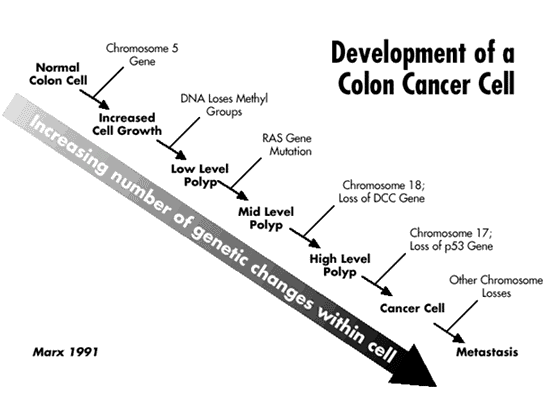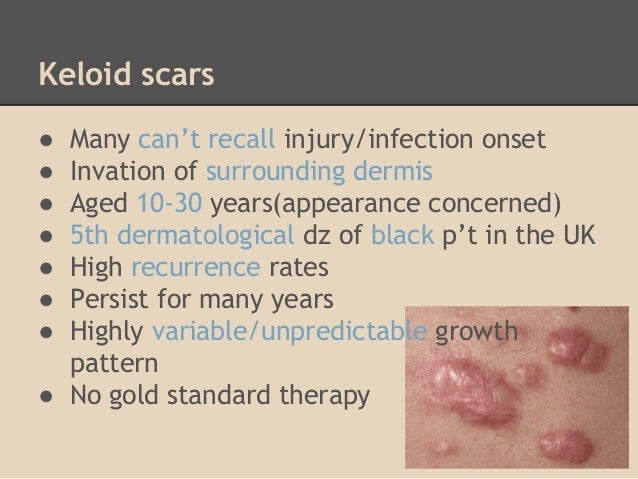How negative stereotyping affects older people

|
The most comprehensive analysis to date of research on the effect of negative stereotypes on older people’s abilities has concluded that these stereotypes create a significant problem for that demographic.
A research team at the University of Kent’s School of Psychology carried out a review and meta-analysis of Aged-Based Stereotype Threat (ABST).
They statistically analysed international evidence from 37 research studies, both published and unpublished. They concluded that older adults’ memory and cognitive performance is negatively affected in situations that signal or remind them of negative age stereotypes. These effects affect both men and women.
The research, funded by the Economic and Social Research council (ESRC), was carried out by Ruth Lamont, working with Dr Hannah Swift and Professor Dominic Abrams. It further found that older people’s cognitive performance suffers more when the threat is induced by stereotypes rather than by facts.
Researchers identify efficient methylating enzyme for cancer development

|
A recent study may help begin to explain how cancer develops though the abnormal turning on and off of genes. Researchers have discovered that the increase of methyl tags in cancer cells is due to highly efficient DNA methyl transferase 1 (DNMT1) enzymes found in these cells. The findings appear in the Journal of Proteomics and Bioinformatics.
Both plants and animals have genetic machinery that modifies the information and function of their genomes without actually changing their genetic code. This modification process is known as “epigenetics.” One of the best studied of these epigenetic processes involves the chemical tagging of DNA nucleotides across the genome using methyl groups. These “methyl tags” are attached to cytosine nucleotides in specific patterns around genes and other expressed sequences by a specialized group of enzymes called methyltransferases.
Genes that are expressed and turned into proteins are free of “methyl” tags, but when such methyl tags attach to DNA, gene expression is turned off. “Whether methyl tags are added to genes varies during normal development and during the development of diseases like cancer, and understanding these processes is currently a major topic of research,” explained corresponding author Sibaji Sarkar, PhD, instructor of medicine at Boston University School of Medicine (BUSM). According to Sarkar it was previously discovered that cancer cells have more methyl tags than normal cells and level of the enzyme which adds the tag, DNA methyl transferase1 (DNMT1) is also higher, but no one knew that both increases are not proportional.
Gene may open door for improved keloid, scar treatment

|
Researchers at Henry Ford Hospital in Detroit have identified a gene that may offer a better understanding of how keloid scars develop and potentially open the door to improved treatment for the often painful, itchy and tender scars.
The study is the first to demonstrate that an altered AHNAK gene may have a significant biological role in keloid development.
“This finding has great promise for better understanding how keloids function and offer a potential target for improved and novel treatments,” says study lead author Lamont R. Jones, M.D., Vice Chair, Department of Otolaryngology-Head and Neck Surgery at Henry Ford.
“We now have a better understanding of how this gene fits in the broader picture of the wound healing process, which may be important in preventing scars in general.”
Dislocating a hip after total hip replacement can be a traumatic experience

|
Osteoarthritis of the hip is a degenerative joint disease that, besides being painful, also has a negative impact on mobility. An affected joint can be surgically replaced with an artificial prosthesis to alleviate pain and enhance mobility and quality of life. However, when the replacement hip is forced from its normal position-a so-called dislocation-these patients frequently experience injuries, undermining their trust in the artificial joint. Depending on the trauma that caused the dislocation, it may even be necessary to replace the prosthesis. In their current review article published in Deutsches Ärzteblatt International (Dtsch Arztebl Int 2014; 111: 884-90), Jens Dargel et al. point out that the prevention of dislocation plays an important role and describe the risks that need to be addressed.
Approximately 1 in 50 patients who undergo total hip replacement for the first time will experience a dislocation. Among patients with total hip replacements that required revision and implant exchange surgeries, this rate can be as high as 1 in 4 patients (up to 28%). Here the risks include advanced age and concomitant neurological conditions.
SPECTAcolor viable next generation multinational cancer clinical trial infrastructure

|
SPECTAcolor’s successful start has demonstrated its viability to facilitate next generation cancer clinical trials. It has been successfully implemented across 19 clinical centers located in nine countries in Europe, has now recruited over 500 patients since its launch in September 2013, and the observed frequency of mutations is similar to that observed in previous colorectal cancer clinical trials. In addition, pathological review and core analyses of tumor blocks shipped to the central biobank at Dresden University Hospital for central quality deemed over 98% of the samples were adequate. This successful implementation is evidence that a logistically complex infrastructure to run next generation trials in a multinational setting is feasible.
These results were presented by SPECTAcolor coordinator Dr. Gunnar Folprecht of the Dresden University Hospital at the 2015 Gastrointestinal Cancers Symposium held 15-17 January 2015 in San Francisco.
J Clin Oncol 33, 2015 (suppl 3; abstr 575)
Treatments for patients with cancer are becoming more and more tailored to the molecular characteristics of the particular patient and disease. Consequently, molecularly characterizing a patient’s disease is now a prerequisite for them to access the appropriate clinical trial for their particular cancer. Assessing their tumor, however, is more easily said than done, because the required testing is beyond the scope of most hospitals. Cancer is too diverse, so the EORTC built a collaborative molecular screening platform, SPECTAcolor, which provides the necessary infrastructure to screen adult patients with advanced stage colorectal cancer for mutations in colorectal cancer biomarkers.
Study suggests increase in falls among the elderly

|
Over a 12-year period, the prevalence of self-reported falls among older adults appeared to be on the rise, according to a new nationally representative study.
Falling is the most frequent cause of injury among older adults and about a third of older adults fall each year. Researchers analyzed data from 1998-2010 among adults age 65 and over and found an 8 percent increase in falls - which translates to a relative increase of nearly 30 percent.
The findings appear in JAMA Internal Medicine.
“We expected an increase because older adults are getting older and there are more 80 and 90 year old adults than before, but we were very surprised to find that the increase in falls was not due to the changing demography,” says lead author Christine Cigolle, M.D., M.P.H., assistant professor in the departments of Family Medicine and Internal Medicine at the University of Michigan and a research scientist at the VA Ann Arbor Healthcare System Geriatric Research, Education and Clinical Center (GRECC).





